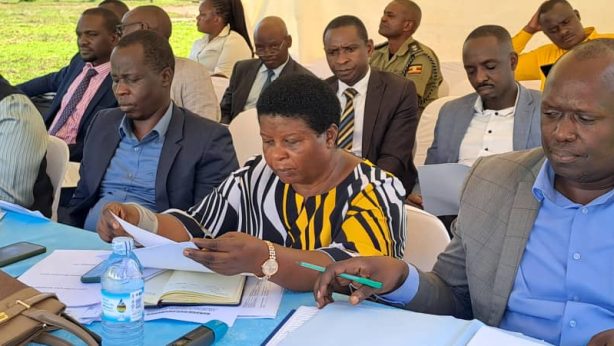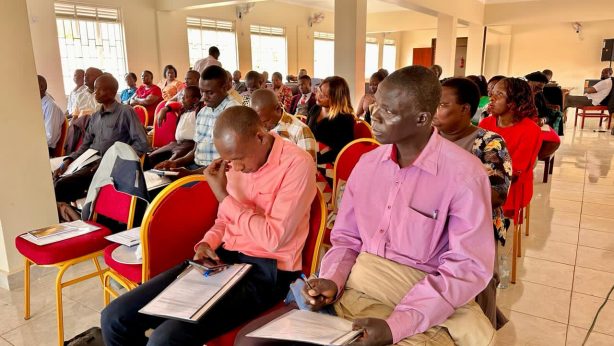The Great Sanitary Awakening: A Tale of Roadside Revelations
Oh, how times have changed. In the hustle and bustle that has come to define Uganda’s capital, Kampala, sanitary pads are displayed visibly on roadside stalls, allowing women to purchase them without fearing being unfairly judged. The days when these pads were clandestinely tucked away as if they were contraband are now a distant past. Gone are the days when the mere mention of feminine hygiene products invoked hushed whispers and weird stares. Now, women can boldly stroll up to a vendor, haggle for the best price, and stride away triumphantly, their dignity intact and needs fulfilled. Say hello to women’s empowerment! Or should we?
While some women in the capital might feel liberated when they snap up sanitary pads at the nearest turn on the street corner, a sad reality lies beneath this whole female liberation: it is not yet Uhuru for many young girls in the villages, who lack money to purchase pads. Menstrual poverty is very much alive in the villages.
A shocking revelation from one of our daily newspapers sheds light on the desperate measures some girls in Busoga are forced to take – resorting to soil-made sanitary pads. Yes, you can read that again – soil-made sanitary pads!
Many young girls in rural Uganda continue to miss long constructive hours away from school because of a lack of sanitary pads. They instead prefer to stay at home and save whatever little dignity that the harsh reality of poverty leaves them.
The negative impact of girls not attending school is quite clear: unwanted pregnancies, unsafe abortions, which, by the way, is a crime, and the many more problems that come with illiteracy.
If these words don’t faze you, maybe numbers will. According to the Menstrual Health Snapshot of Uganda – a 2021 publication co-authored by the government and a group of civil society – 65 per cent (nearly seven out 10) of girls and women in Uganda cannot access and meet their menstrual health fully needs from 140 schools. The same publication notes that 70 per cent of adolescent girls mentioned menstruation as a major hindrance to their optimal performance at school.
Therefore, as we bask in the privilege of easy access to sanitary pads in the capital, let us not overlook the plight of our sisters in rural Uganda. All Ugandans, with the guidance of the government, must devise ways of bridging the rural-urban gap of access to sanitary pads.
Speaking of all Ugandans, men also have a critical role in achieving the goal of helping our sisters in the rural areas. Men must participate in this conversation about women’s menstrual hygiene for they are the future ambassadors of change. By educating and involving them in awareness campaigns, we can ensure a future generation of men who not only understand the importance of menstrual health but actively champion it.
So, let us celebrate this great sanitary awakening, not just as a triumph of convenience, but as a testament to the power of solidarity and sisterhood. And let us empower our young men to join us in this noble cause, for only together can we build a future where menstrual health and hygiene are no longer taboo subjects but celebrated aspects of our collective humanity.
This article was written by Marie Nanyanzi, Senior Program Officer – Twaweza Uganda, mnanyanzi@twaweza.org


